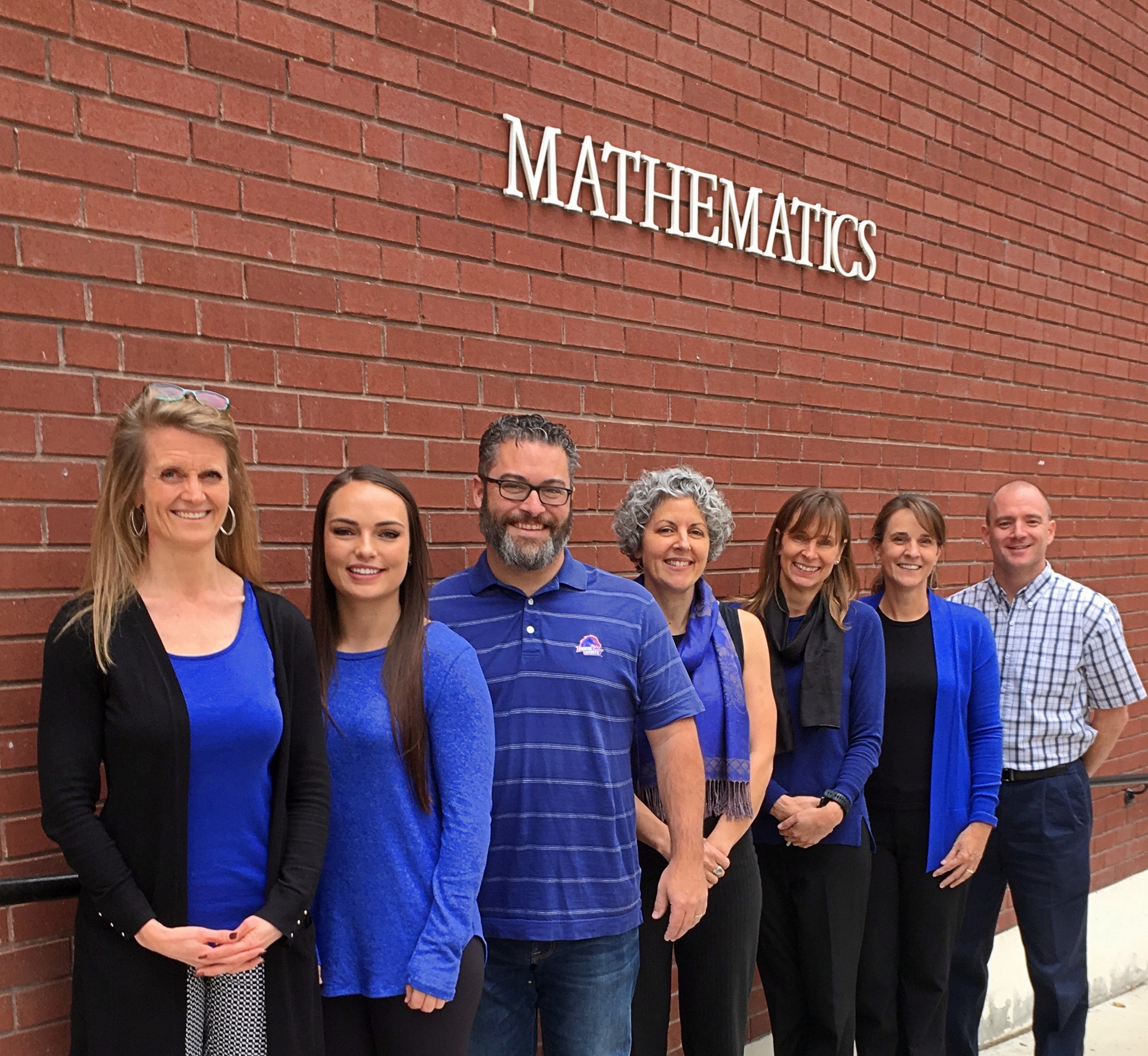A Boise State National Science Foundation-funded team is going to the UTeach Conference at the University of Texas, Austin from May 21-23. The ‘Video Case Analysis of Student Thinking’ (VCAST) project is a collaborative one involving faculty in Boise State’s mathematics department, the College of Education and Idaho State University.

Laurie Cavey, a professor of mathematics education and principle investigator (PI) for VCAST at Boise State says that the project’s goal is to develop curriculum materials in the form of online video-based modules for future teachers that are based on real student’s work with interesting math problems.
“We know from years of research that teachers are more effective if they can interpret and work with student’s ideas, and this is basically the approach that we are taking to support our future high school math teachers here at Boise State,” said Cavey.
At the conference, the VCAST team will offer a workshop for faculty from universities across the country who are interested in collaborating with the project team to implement and improve upon the modules. The faculty are part of the innovative UTeach network that is spreading across the nation, originating from the University of Texas in Austin.
“This is our third year and we are piloting VCAST modules at four different universities, and then the following year there will be ten universities coming on board,” said Jennifer Cichocki, project manager for VCAST.
Co-PI Tatia Totorica, an assistant clinical professor with the Boise State’s IDoTeach program, said “We piloted the curriculum materials here at Boise State last semester in our Math 370 class and our students really enjoyed working through the modules. The VCAST team is excited to gather even more data and user feedback in the coming two years as we work to further refine our platform and materials.”
“As an apprentice teacher this semester, I feel as though the VCAST modules have helped me to gauge my student thinking and understanding from new angles that I might not have before. It is directly informing and improving my instruction in the classroom,” said Taylor Jordan, a senior in the IDoTeach program.
The team began VCAST without funding, but was awarded a four-year NSF Improving Undergraduate STEM Education grant, which enabled the team to collaborate with the Boise State Office of Information Technology to create the online video-based learning modules for secondary mathematics teacher preparation. Cavey hopes to see widespread use of the platform across the country and to expand the project to other content areas.
“At Boise State, our secondary math education program requires students to take several mathematics courses that are very specific to their future work as teachers. I think it would be amazing if we could develop some modules that would be specifically embedded in each of those courses,” said Cavey.
Disclaimer
Any opinions, findings, and conclusions or recommendations expressed in this material are those of the author(s) and do not necessarily reflect the views of the National Science Foundation. Funding provided by the National Science Foundation IUSE program, Award No. 1726543.